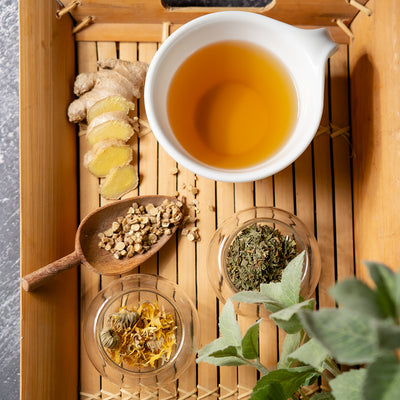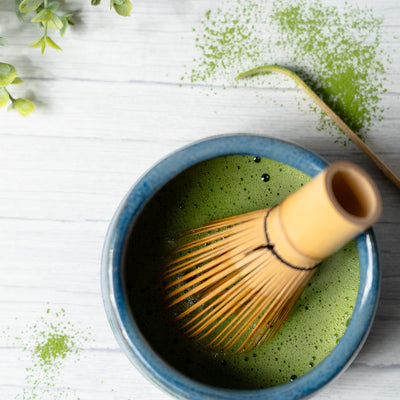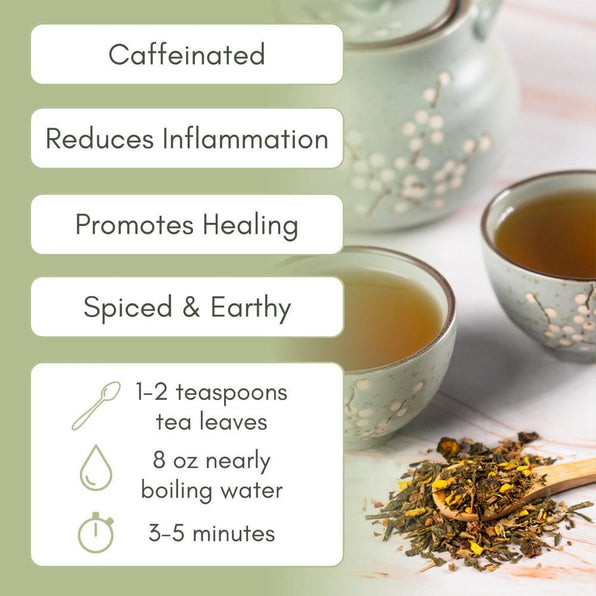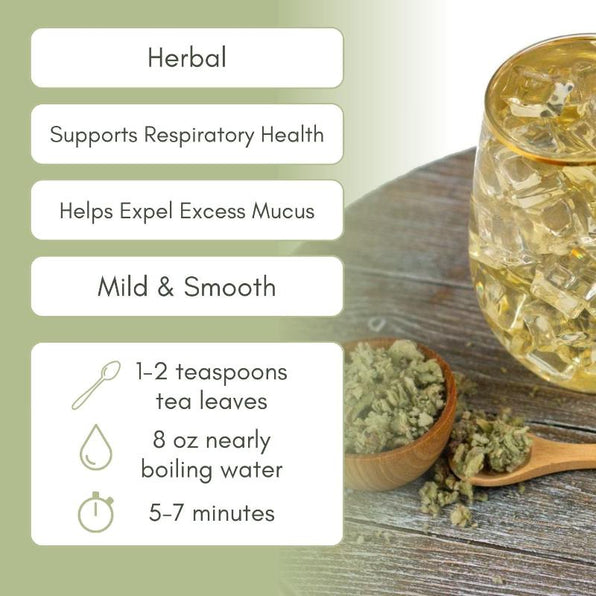What is Shatavari?
Shatavari, scientifically known as Asparagus racemosus, is a species of asparagus common throughout India, Nepal, Sri Lanka, and the Himalayas. It's widely used in Ayurveda, the traditional medicine system of India, primarily known for its rejuvenative and nourishing properties. Shatavari roots are typically used in various forms, such as powdered, in tincture or in capsule form, due to their high nutritive content, which includes various vitamins, minerals, and phytochemicals. These roots are highly esteemed for their cooling and calming effects on the body, making them particularly beneficial for women’s health, digestive health, and immune support. This plant is characterized by its uniform, pine-needle-like leaves and small, white flowers that progress into blackish-purple berries.


















